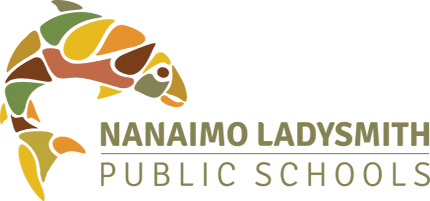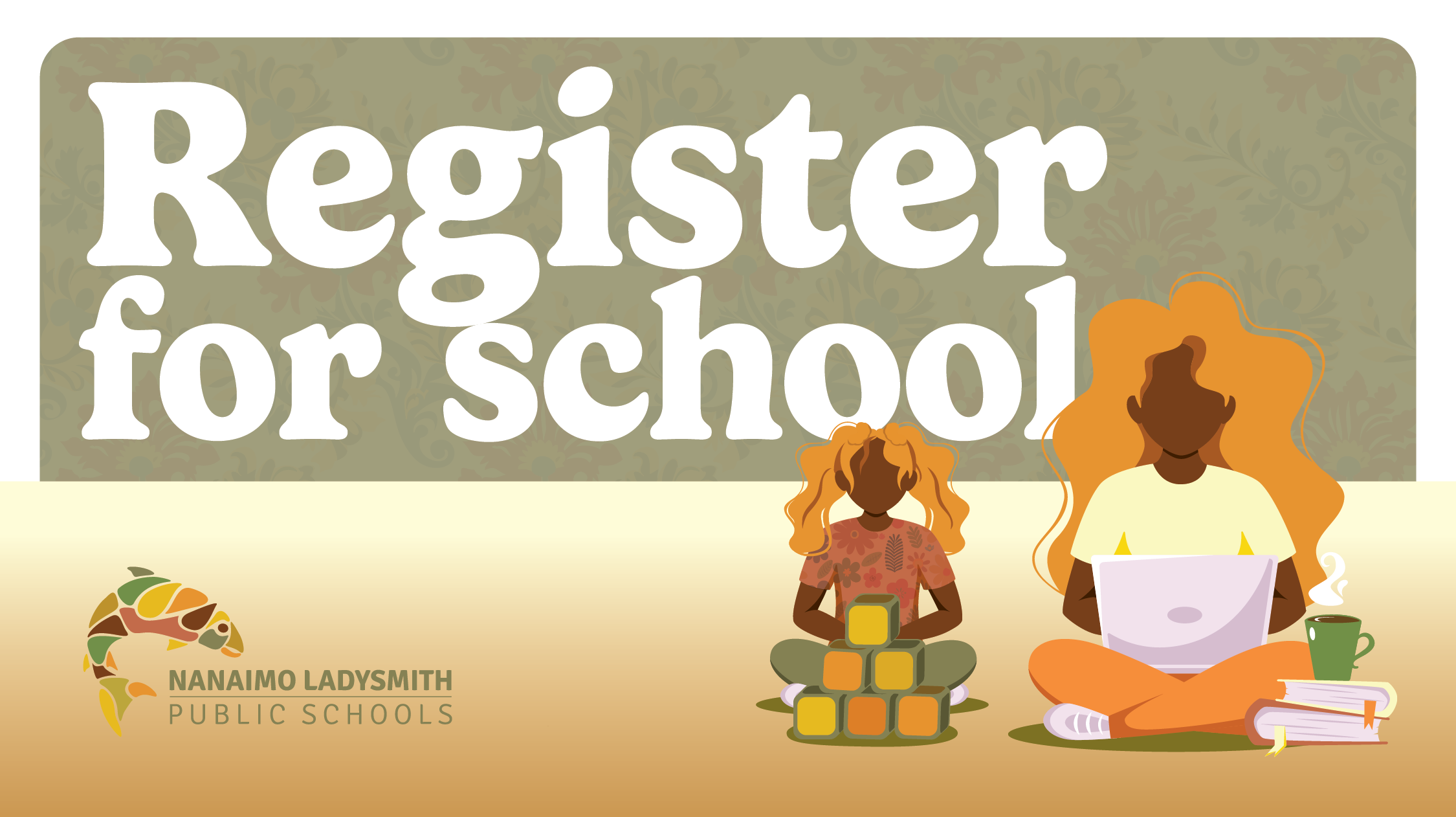Starting Kindergarten is a big adventure for you and your child. All the new services and routines can be confusing.
This site is designed to give you an idea of what’s ahead. We invite you to use this guide to begin your child’s journey to school.
You’re Not Alone
School staff highly value the information that you give us about your child.
Please reach out to the school team to share information that may help your child transition smoothly.
This could include any involvement with outside services, what language is spoken at home, or unique family dynamics. All this information helps a school team best plan for your child. You are the parent; you know your child best.
Information Evening
Learning Services presented a virtual information evening for parents of next year’s Kindergarten students. They provided information, shared resources and answered questions. Here is a taped version in case you missed it.

If your child has some diverse abilities and/or you would like to know more about resources in the school system, please click the button below.













